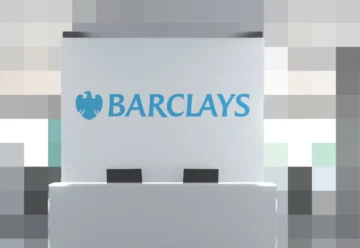National Bank of Kazakhstan Runs Successful CBDC Tests

The CBDC of the National Bank of Kazakhstan was officially launched in test mode. Within a month, various options for using the digital tenge were successfully tested, from cards for retail payments to the issuance of tokenized assets.
The pilot project of Kazakhstan’s CBDC moved to a new stage of development. The digital tenge, the first official payment with which was made on November 15, found widespread use within a month.
Trials of the digital tenge included international payments via SWIFT and the issuance of CBDC-supported stablecoins on the Binance and KASE platforms. The digital tenge was also used for gold tokenization, tax payments, and within the testing of a P2E app.
Kazpost, the local postal system operator, allowed students in Almaty to pay for their lunches via Onay transit cards in the digital tenge. Four Kazakh banks issued Visa and Mastercard cards specifically for the CBDC. These cards allowed users to make purchases online or in physical stores via scanning QR codes and to withdraw cash from ATMs.
The National Bank of Kazakhstan (NBK) and the National Payments Corporation (NPC), which was established in September specifically to supervise CBDCs, revealed plans to expand the digital tenge pilot project for 2024. Among the regulators’ main goals are:
- increasing the number of intermediary banks;
- developing DeFi applications;
- scaling the system of offline transactions through CBDCs;
- participating in international payment systems;
- improving the security of the digital tenge and the speed of transaction processing;
- creating a legal and regulatory framework for the digital tenge.
Binur Zhalenov, CEO of the NPC, emphasized that the country’s government has no plans to use the digital tenge to spy on its users and control citizens. He said that the issue of CBDCs in Kazakhstan is intended to shape the future of digital transactions in the country.
The National Bank of Kazakhstan became one of the observers of Project mBridge, which created a prototype platform for cross-border payments using central bank digital currencies (CBDC).











